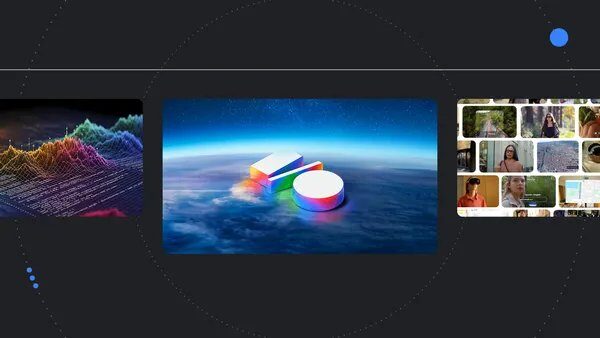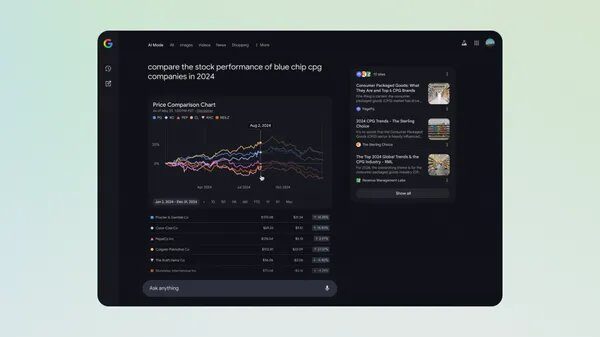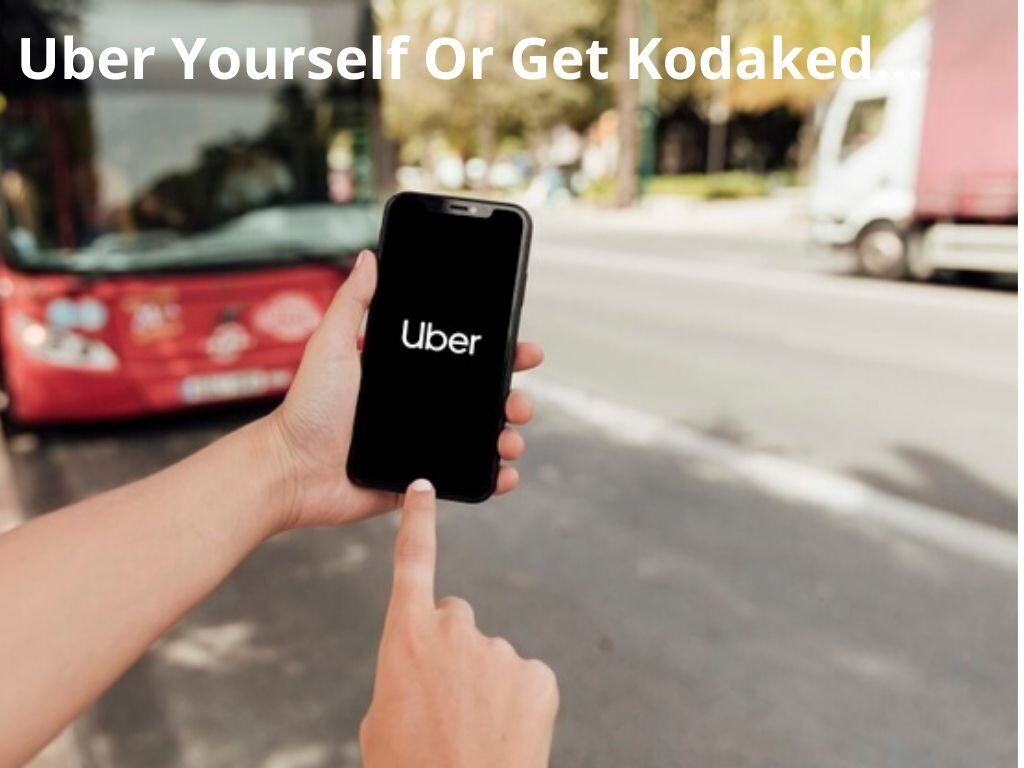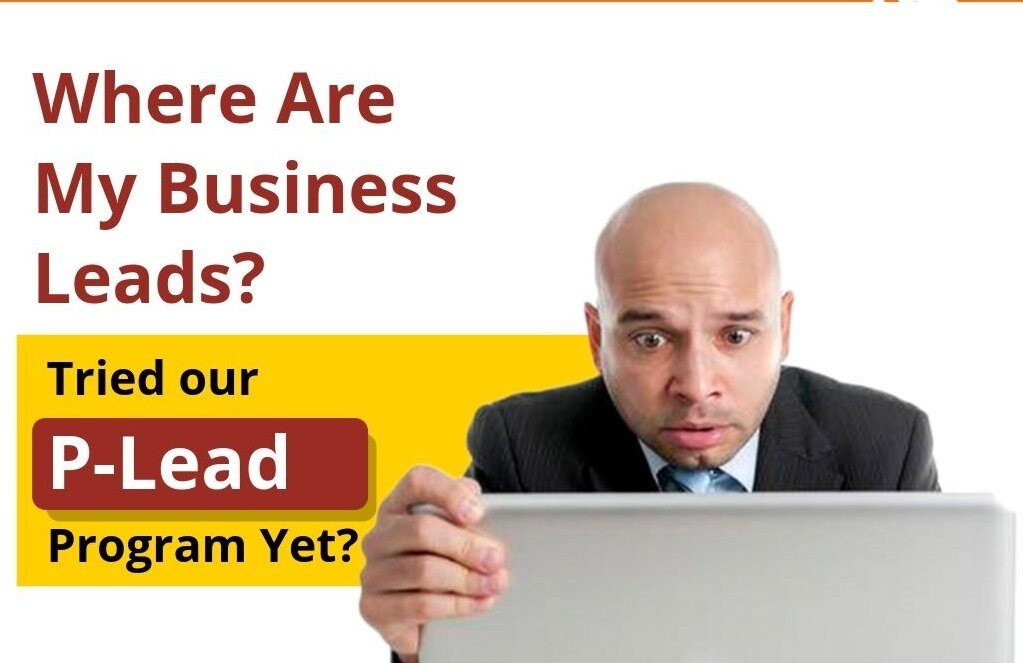[{“model”: “blogsurvey.survey”, “pk”: 9, “fields”: {“name”: “AA – Google AI product use – I/O”, “survey_id”: “aa-google-ai-product-use-io_250519”,...
Category: Online Marketing


Today, we’re starting to roll out interactive chart visualizations in AI Mode in Labs to help bring financial data to life for questions on stocks and mutual funds.
Now, you can compare and analyze information over a specific time period and get an interactive graph and comprehensive...

This business is auto spares e-commerce business catering B2C & B2B customer segment.
So first, let’s start with the B2C audience.

Apple easy, Google fast: The experience management culture

P-Organic
For companies, who feel the online presence is necessary but may not be their primary source of business generation.

One critical point customers ask during sales meetings, how to establish future requirements?

Gaavkhoj.com is brought to you by a team of professionals , an optimal mix of young and experienced with deep understanding of online world

Gaavkhoj.com is brought to you by a team of professionals , an optimal mix of young and experienced with deep understanding of online world

Gaavkhoj.com is brought to you by a team of professionals , an optimal mix of young and experienced with deep understanding of online world

Gaavkhoj.com is brought to you by a team of professionals , an optimal mix of young and experienced with deep understanding of online world
